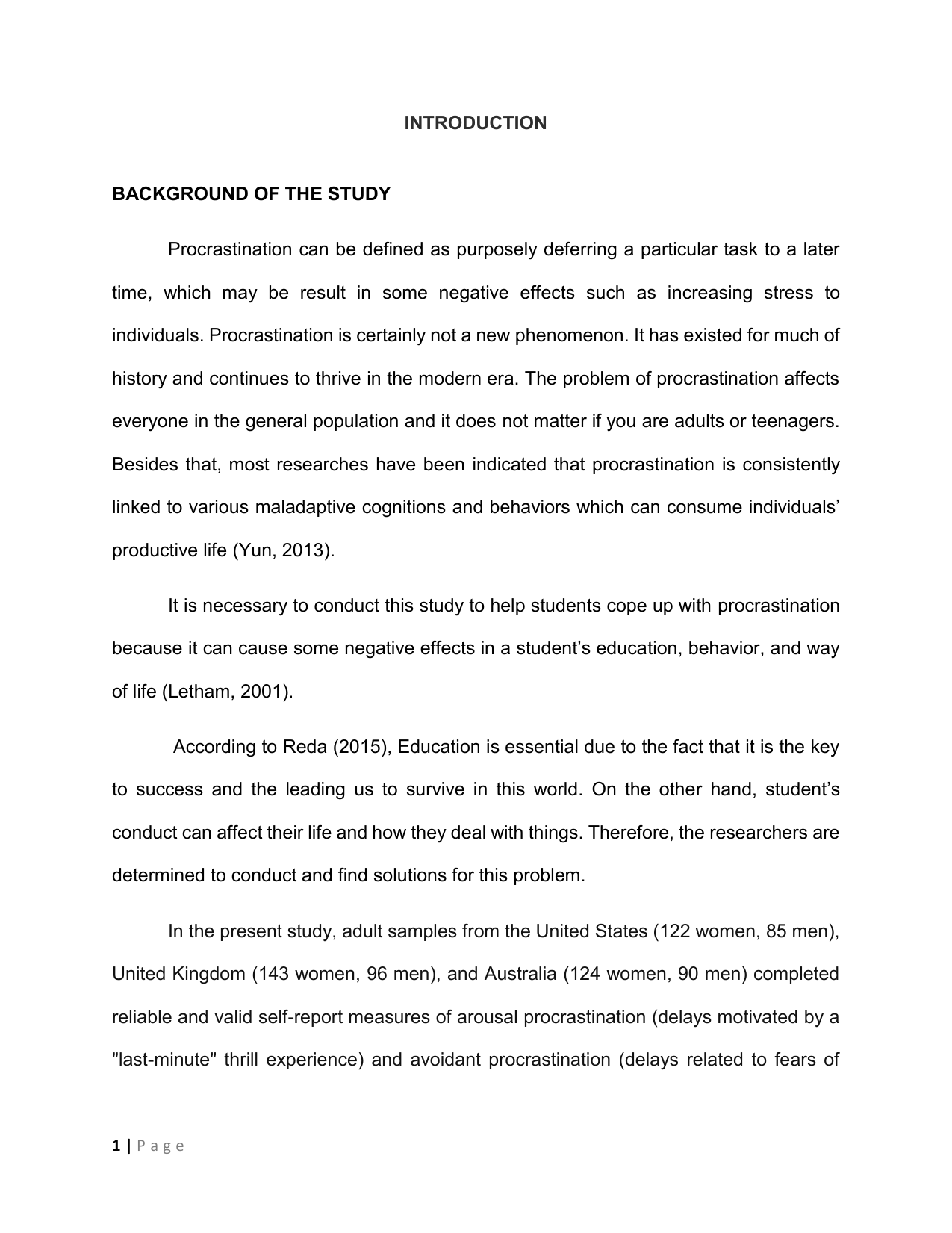Mastering Strategies to Overcome Procrastination, Emotional Dependency, and the Impostor Syndrome
Mastering Strategies to Overcome Procrastination, Emotional Dependency, and the Impostor Syndrome
Blog Article
In today's fast-paced world, many individuals struggle with mental and emotional challenges that affect their daily lives. Among these, procrastination, emotional dependency, sindrome do imposto and impostor syndrome stand out as common issues. What can you do to break free from these patterns?
In this guide, we will dive into the causes and solutions these three challenges. By understanding their impact and learning how to tackle them, you can take control of your life.
What is Procrastination?
Procrastination is the act of delaying tasks even when you are aware of the consequences. This behavior is frequently linked to emotional or psychological factors, such as anxiety or self-doubt.

The effects of procrastination, can be far-reaching. To combat procrastination requires developing better habits and creating actionable plans. Consider techniques like the Pomodoro Technique or setting realistic deadlines to stay on track.
What is Emotional Dependency?
Emotional dependency occurs when an individual relies heavily on others for validation, support, or happiness. While human connection is essential, emotional dependency can become unhealthy when self-esteem is tied solely to others’ approval.

Common signs of emotional dependency include a fear of rejection, difficulty making decisions independently, and constant seeking of external approval. To overcome emotional dependency, it’s crucial to build self-confidence and learn to validate yourself internally. Engaging in personal development activities and professional guidance can be helpful tools.
Recognizing and Managing Impostor Syndrome
Impostor syndrome is the persistent belief where individuals doubt their accomplishments despite evident success. People with impostor syndrome tend to undermine their abilities rather than recognizing their talent and hard work.

This mindset can lead to anxiety, self-doubt, and hesitation to pursue new opportunities. Addressing this issue involves reframing negative thoughts and celebrating accomplishments. Seeking feedback from trusted peers and setting realistic expectations can also help you build confidence.
Steps to Overcome Procrastination, Emotional Dependency, and Impostor Syndrome
To navigate these issues, consider the following strategies:
- Develop structured daily plans and break larger tasks into smaller milestones.
- Recognize triggers that contribute to your emotional reliance and work towards independence.
- Practice gratitude to counter impostor syndrome and seek professional guidance if needed.
procrastinam
Consistency is key, so keep practicing these methods to achieve lasting transformation.
Moving Forward from Mental Barriers
These challenges can feel overwhelming, but you can overcome them by taking deliberate action. By understanding their roots and applying effective techniques, you pave the way for a healthier, more fulfilling life.
Start today by recognizing these patterns in your life and adopting simple, actionable strategies. Always keep in mind: progress is a journey, not a destination.
Report this page